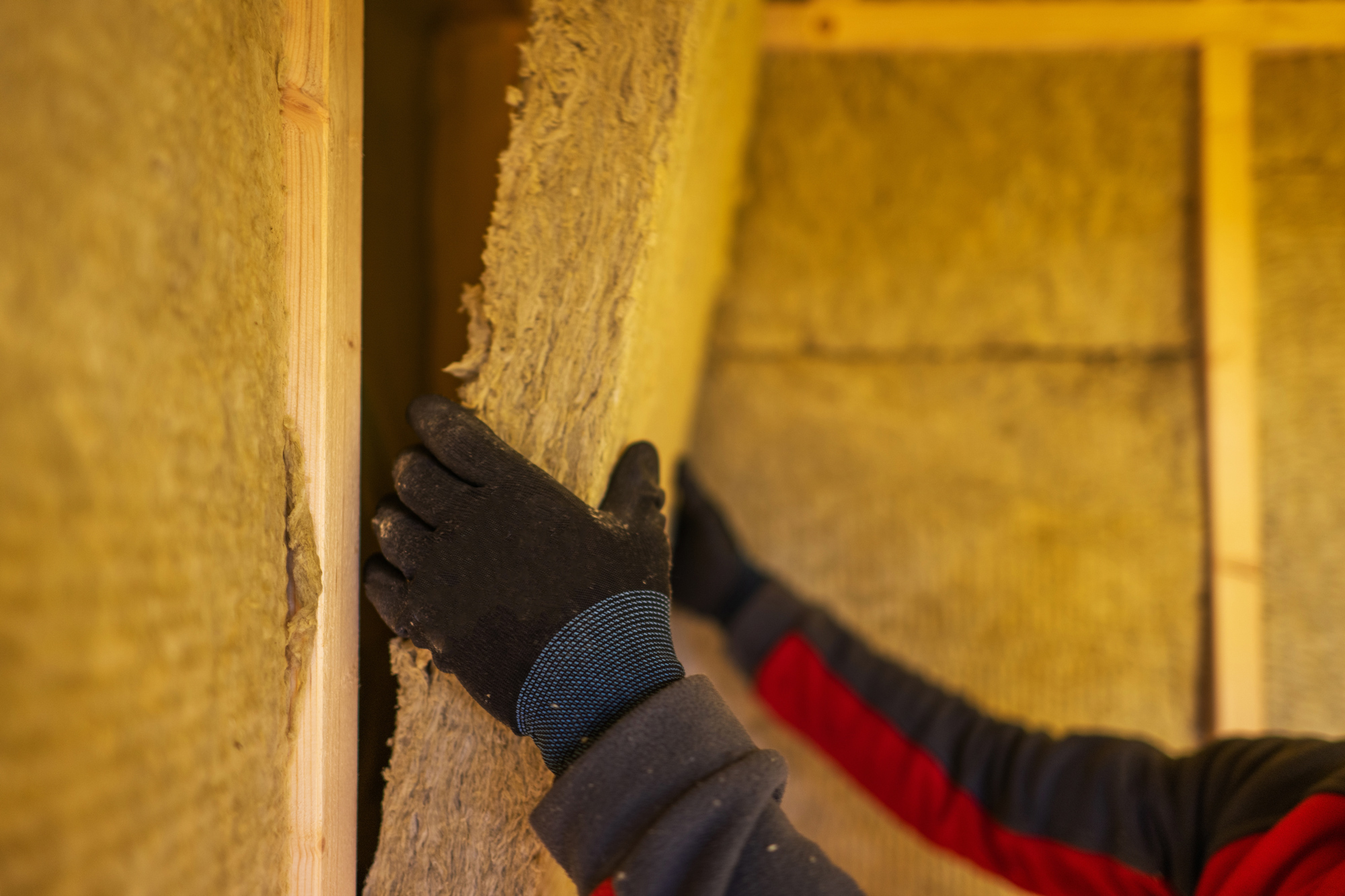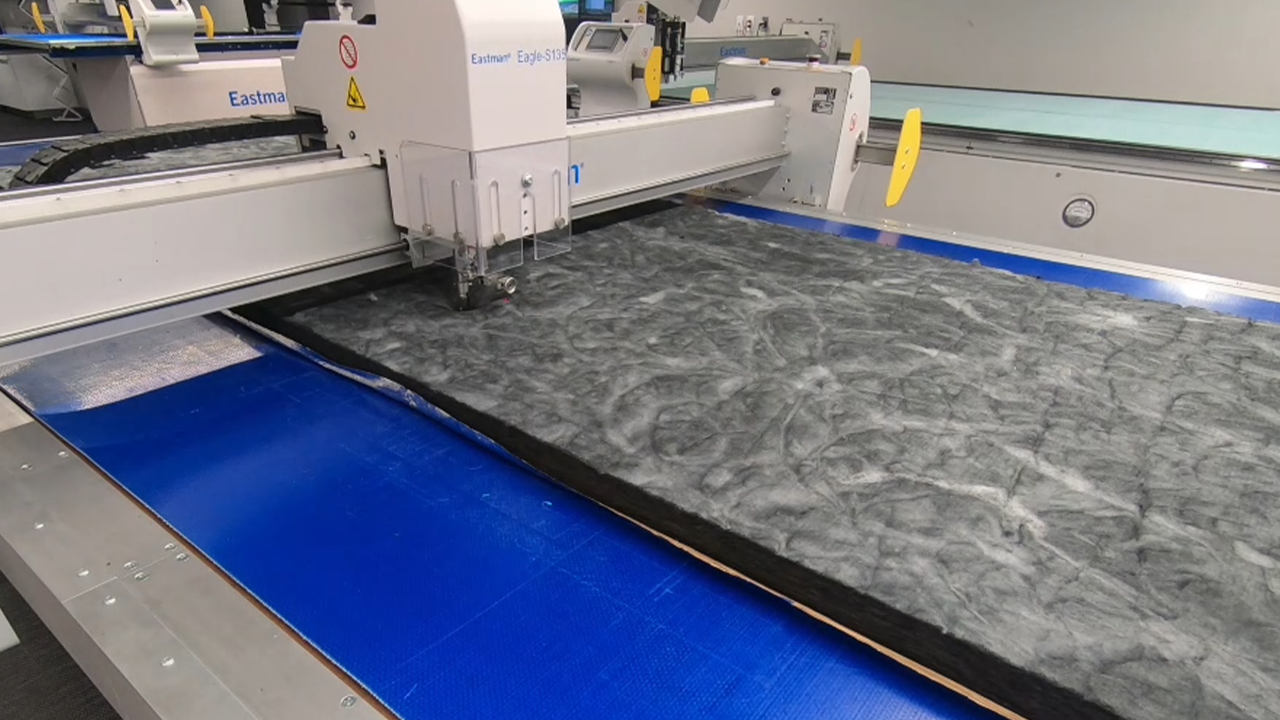Buildings play a significant role in global energy consumption and carbon emissions. Buildings, including construction and operations, account for:
These figures highlight the importance of sustainable construction that prioritizes environmentally friendly ongoing operations.
There are several benefits of sustainable construction and buildings for communities. Of course, there are positive environmental effects of using sustainable materials, choosing renovation over new construction, and making structures more energy efficient. And a cleaner environment—including higher-quality air and water, more comfortable indoor temperatures, and the green space often part of environmentally friendly design—improves public health.
According to a recent UK study, almost three-quarters (70%) of construction projects include sustainability goals because, in addition to the benefits for communities, environmentally friendly buildings are good business. Sustainably built structures are worth more than their conventional counterparts because they demand higher rents (sometimes referred to as a “green premium”) and see higher occupancy rates. These buildings may also qualify for tax credits and other government incentives. Owners and renters see operational costs almost 20% lower than conventional buildings due to lower utility bills and reduced maintenance.
Sustainably constructed buildings see operational savings of almost 20%.
Insulation in Sustainable Construction
One essential element of environmentally friendly buildings is insulation. The global insulation market’s projected growth can be directly attributed to energy efficiency targets and regulations. Many new building codes around the world include insulation requirements, such as Türkiye’s zero-energy requirements for new buildings, Colorado’s guidance for municipality building codes, and sustainability codes for residential and commercial buildings in India. There are also government programs to help homeowners make their houses more energy efficient with better insulation, including the Great British Insulation Scheme and Energy Efficient Home Improvement Credit in the US.
Insulation is an important part of the sustainable construction, renovation, and use of buildings. Effective insulation increases energy efficiency, and not just for HVAC systems. Proper insulation can reduce heat loss from hot water pipes by a factor of about 20. These efficiencies may even allow for equipment downsizing for cost and space savings during construction and throughout the equipment’s useful life.
Environmentally Friendly Insulation
Insulation itself is becoming more sustainable, with builders and building owners looking for products made of sustainability-sourced and/or renewable raw materials with fewer toxic additives. Durable products offer a longer lifespan, which reduces waste, as do recyclable and reusable insulating materials.
How insulation is manufactured also contributes to its sustainability. Insulation businesses should consider the environmental impact of both raw materials and manufacturing processes, including equipment. Eastman Machine Company offers cutting solutions tailored to the unique challenges of the insulation industry. Eastman is dedicated to meeting or exceeding applicable environmental regulations and requirements. We strive to minimize our environmental impact through reduced waste, water consumption, energy use, and pollution.



